Acting Police Minister Firoz Cachalia has refused to apologise for comments he made about KwaZulu-Natal police commissioner Nhlanhla Mkhwanazi’s appearance in combat gear during a press conference on July 6, where Mkhwanazi made explosive allegations about corruption and criminal infiltration within the police service.
During a heated parliamentary session on Wednesday, Cachalia was pressed by MK Party MP Vusi Shongwe to apologise after conceding that he did not know whether Mkhwanazi’s wearing of Task Force Unit uniform was legal. Cachalia, however, stood firm, saying his remarks were not intended as an insult.
“There is no need for me to apologise about something that was not intended badly. There was no insult and so I don’t apologise,” Cachalia said.
He clarified that he had only expressed concern about the public image of a senior police officer appearing before the media “dressed like a soldier,” adding that in a democracy, there must be a clear separation between political authority and the military.
“My initial impression was, what is going on? Is this South Africa? It conjured up images of a coup d’état,” Cachalia told MPs.
Cachalia emphasised that Mkhwanazi’s allegations were serious and deserved to be investigated, commending both President Cyril Ramaphosa and Parliament for establishing inquiries into the matter. “This is how democracies deal with their problems,” he said, adding that Mkhwanazi should be recognised and protected as a whistle-blower if his claims are substantiated.
Despite his concerns about Mkhwanazi’s public appearance, Cachalia said he had no intention of treating him unfairly. He confirmed that he had met Mkhwanazi alongside National Commissioner Fannie Masemola to discuss the disbandment of the Political Killings Task Team (PKTT) — an issue that led to the suspension of former Police Minister Senzo Mchunu.
Cachalia told the inquiry that he deliberately avoided meeting Mchunu during the ministerial handover process to maintain objectivity and build trust within the police command structure. “If that relationship breaks down, the functioning of that institution is compromised,” he said.
He expressed support for continuing the PKTT, saying there was an urgent need to strengthen prosecution-led investigations to fight organised crime. He also called for a review of the appointment process for the executive director of the Independent Police Investigative Directorate (IPID), suggesting that the current ministerial appointment system may need reform.
Cachalia further highlighted the importance of restoring stability within the Crime Intelligence Unit, warning that “South Africa cannot win the battle against organised crime without fixing intelligence.”
While maintaining his criticism of Mkhwanazi’s dramatic public appearance, Cachalia insisted that his comments were made in good faith. “If my remarks provoked public debate, that’s a good thing,” he said. “There was no insult — only concern for the integrity of our democratic institutions.”


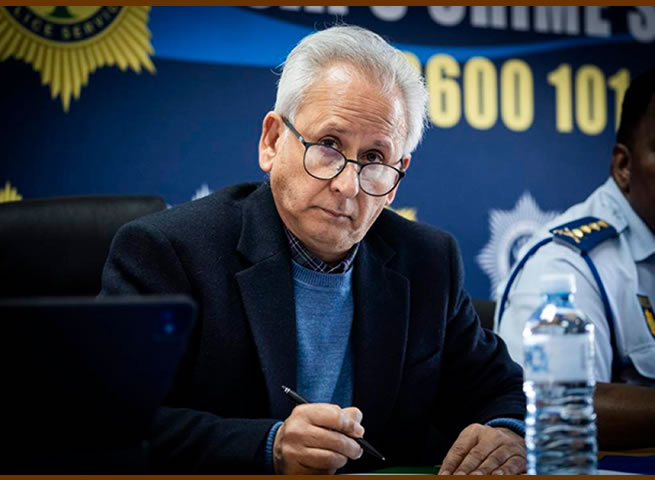

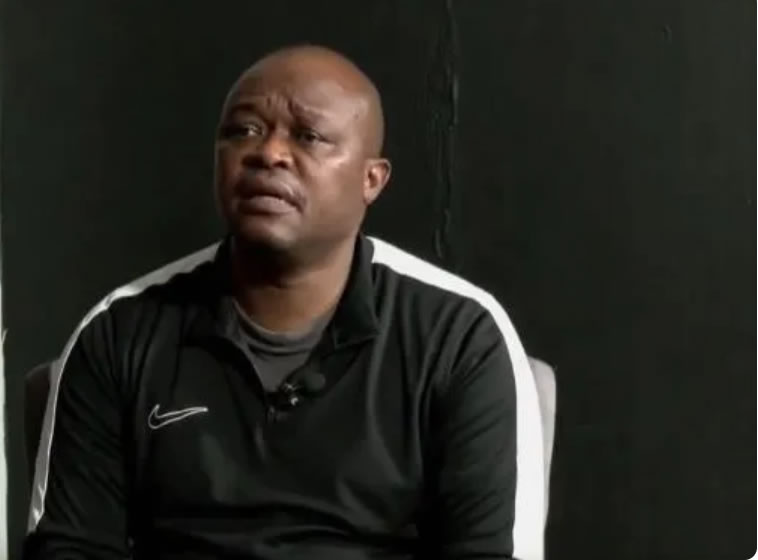


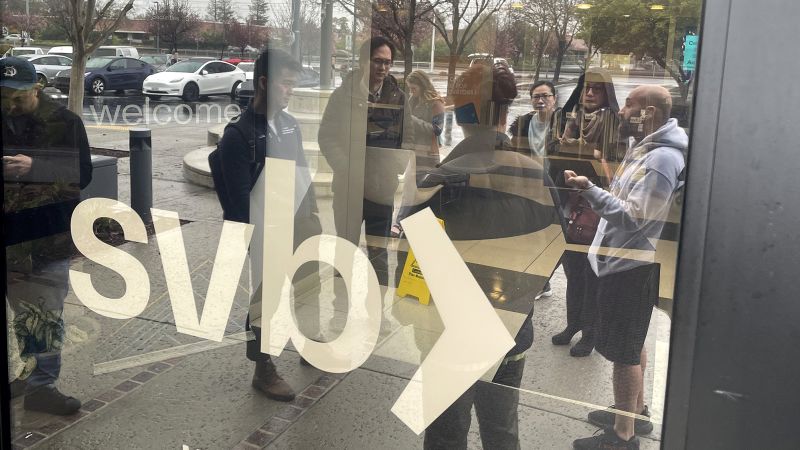

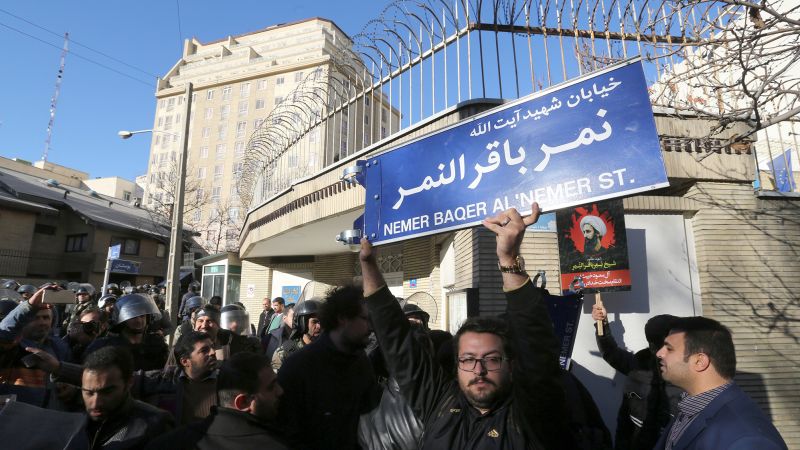
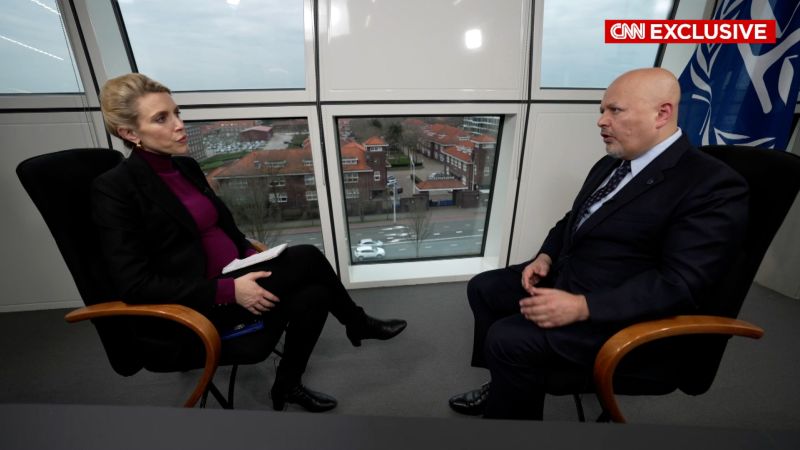
 English (US)
English (US)